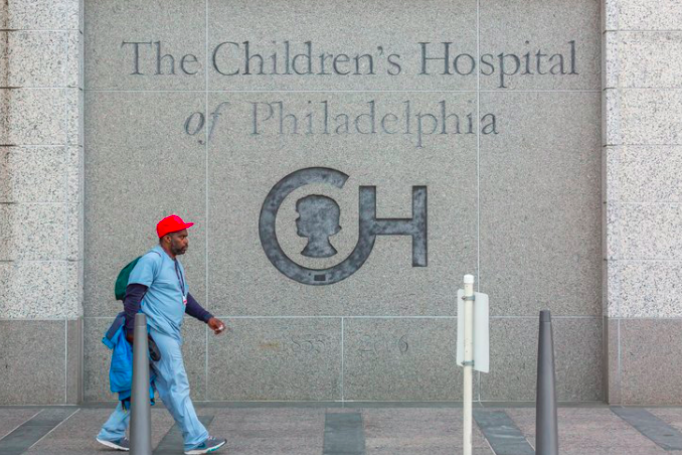
July 16, 2022
 Thom Carroll/for PhillyVoice
Thom Carroll/for PhillyVoice
The Children's Hospital of Philadelphia's Center for Applied Genomics has engineered a new algorithm that can distinguish patients who have attention-deficit/hyperactivity disorder alone from those who also have other related conditions.
Researchers at the Children's Hospital of Philadelphia have engineered a new algorithm that can distinguish patients who have attention-deficit/hyperactivity disorder alone from those who also have other related conditions.
The algorithm, which came from the Center for Applied Genomics, is based on existing electronic health records. It's meant to help reduce the "diagnostic odyssey" many ADHD patients face and direct them to the best treatment option, a release from the hospital says.
“Our goal with this algorithm was to establish a tool that could be used to automate future genetic analyses and improve diagnostic yield and precision,” said Hakon Hakonarson, the director of the CAG and senior author of the study.
ADHD is a complex condition affecting between 5 and 8% of school-age kids and 2 to 4% of adults.
Because the condition has three different types and exists on a spectrum, it's often difficult to diagnose. This is compounded by the fact that about half of ADHD patients also have another mental health issue – usually a sleep or anxiety disorder or a learning disability.
The algorithm will help doctors and researchers better distinguish these groups of patients and treat them more effectively.
“It’s possible that these groups with or without (these additional diagnoses) may respond differently to medication, which could help us design better and more effective methods for therapeutic intervention," Hakonarson said.
Researchers found the algorithm correctly diagnosed ADHD patients 95% of the time. For other psychiatric conditions it was correct between 60 and 100% of the time.